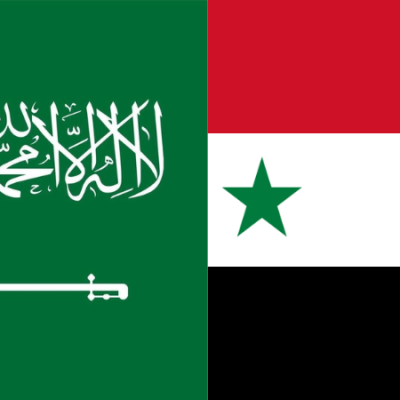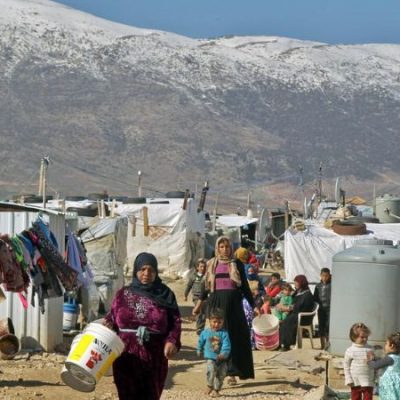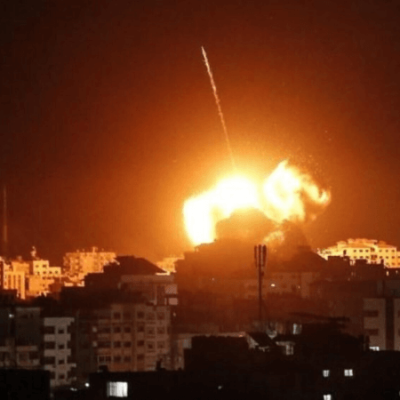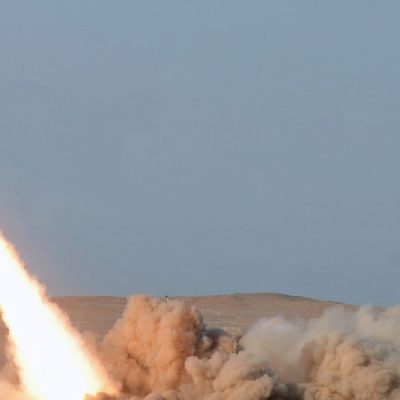Fighting continue in Libya despite the coronavirus global emergency
The appeals of the international community are urged to end hostilities and allow local authorities to respond to COVID-19
Following the International call for an immediate humanitarian cessation of the hostilities, offered by Algeria, Canada, the EU, France, Germany, Italy, the Netherlands, Tunisia, Turkey, the UAE, the UK and US, the Presidential Council of the Government of National Accord (GNA) has called for the cessation of all military operations in order to respond to the global Coronavirus epidemic, Covid-19. The Council led by Prime Minister Fayez al-Serraj welcomed in a statement all efforts to protect Libyans and Libyan women, highlighting their coordination and collaboration with the Ministry of Health to implement the preventive and educational measures taken to combat the spread of the novel virus in the North-African Country. Prime Minister Fayez al-Serraj also asked to open the oil fields and restart the oil production, as it is the only treasure chest of the Libyan people to provide for the basic needs of all citizens.
Despite the global emergency violent clashes are still ongoing in Libya between the Libyan National Army (LNA) under the command of Field-Marshall Khalifa Haftar and the armed groups affiliated to the Tripoli based Government recognized by the United Nations. Today the Field Medicine and Support of Tripoli confirmed the death of four girls and the injury of five other people by random bullets in Ain Zara, south of Tripoli. The victims are all between 11 and 25 years old and two of the people injured are kept in intensive care and under surgery in the Tripoli Medical Center, while another injured woman is receiving treatment in the Qaddur clinic. The GNA’s Ministry of Health spokesman, Amin al-Hashemi, announced on Wednesday, that three children from one family were killed in Ain Zara because of the grenades.
The United Nations Support Mission in Libya (UNSMIL) urged all parties in Libya to take the bold step in unifying their efforts in facing this pandemic. “COVID-19 has no affiliation and breaks through all frontlines. We call on all Libyans to join forces immediately before it is too late to face this overwhelming, fast-spreading threat, which requires consolidating all resources and efforts for the prevention, awareness and treatment of possible victims”. UNSMIL said in a statement, encouraging the implementation of a consolidated mechanism to face COVID-19 in Libya in close collaboration with the World Health Organization (WHO) and other UN agencies on the ground, and the friends of Libya.
The Coronavirus emergency, COVID-19, is experienced differently in the various cities of Libya. In the east of the country, despite strong exchanges and frequent connections with Egypt, which has already recorded over 166 cases and several deaths, the problem is underestimated by most of the population. In the western region, on the other hand, the virus is seen with concern although many have criticized the closure of mosques and cafes. Libyan law requires that local authorities establish emergency containment measures and it must be said that all institutions have taken steps to demonstrate readiness and interest in public health, often such behaviour is perceived by citizens as a means of political propaganda, because very little has been done on the ground.
Fayez al-Serraj announced on Saturday a series of measures aimed to preventing the infiltration of the new coronavirus, Covid-19, into Libya. In a televised speech to the Libyan people, Serraj announced the closure of all land crossings at ports and airports starting on Monday 16 March for a three-week period. Serraj said that the Foreign Ministry will coordinate with all Libyan embassies and consulates abroad to provide adequate assistance, protection and care to Libyan citizens before they can return to their country. In Tunisia, the consulate issued a note to Libyan citizens who find themselves in difficulty due to the cancellation of flights following the decision of the Tunisian Prime Minister to close the airspace starting on Wednesday. Serraj announced the suspension of studies in public and private schools, colleges and universities for a period of two weeks, stressing that this period is renewable according to the evolution of the situation.
In the East of the country, yesterday the LNA and Interim Government Interior Ministry have arranged a curfew from 18,00 to 6,00 in the morning. The army also deployed security patrols to overwatch the curfew was being respected. The Libyan Army general command’s spokesman, Ahmed al-Mismari, and his team entered quarantine for 14 days after returning from a trip abroad as a precautionary measure to protect the public health. The General Authority of Islamic Provisions and Islamic Affairs of the Interim Government had previously prohibited assemblies inside mosques and Friday prayers, but had allowed the faithful to gather in the courtyard of the mosque from Monday to March, 28. There is a great concern in particular fort the international dimension of the conflict as Turkish president, Recep Tayyip Erdogan, transferred thousands of Syrian fighters from Idlib to Tripoli, and hundreds of Turkish officials as well. Nobody know if some of those fighters were infected when they arrived in Libya. Similarly, there is concern about the spread of the virus through the introduction of war material and equipment that has entered Libya from outside, in support of both sides.
Libya has a very fragile health and hospital system. In southern Libya, the concerns seem to be greater than in the rest of the country, both for the lack of real control of the borders with Algeria, Niger and Chad, and for the awareness of having a fragile and poorly equipped local health system. In Sabha, Ghat and Aubari, NGOs and civil society organizations are mobilizing to conduct awareness campaigns among the population through the media and in the field. Osama al-Wifi, spokesman for Sabha Medical Hospital, the only equipped medical center in the southern region of Sabha, said that there is only one ICU room for 8 people and they are waiting for international organizations and the government to provide them with what is necessary to face the crisis. There are no tests or detectors for temperature detection, nor equipment and protections for nursing. “We are waiting for someone to help us as many have promised”, affirmed al-Wifi. So far, Libya is one of the few countries that has not reported any coronavirus case, but the conditions of instability and conflict make difficult to understand if these data are reliable as well as complicating the work of institutions, such as the Ministries of Local Governance and Health who are trying to collect data on the needs of hospitals across the country. In a country devastated by over 9 years of civil conflict, coronavirus is not perceived as a real risk, or in any case, not so dangerous as fighting, all this places the population at serious risk in case of a COVID-19 outbreak.




